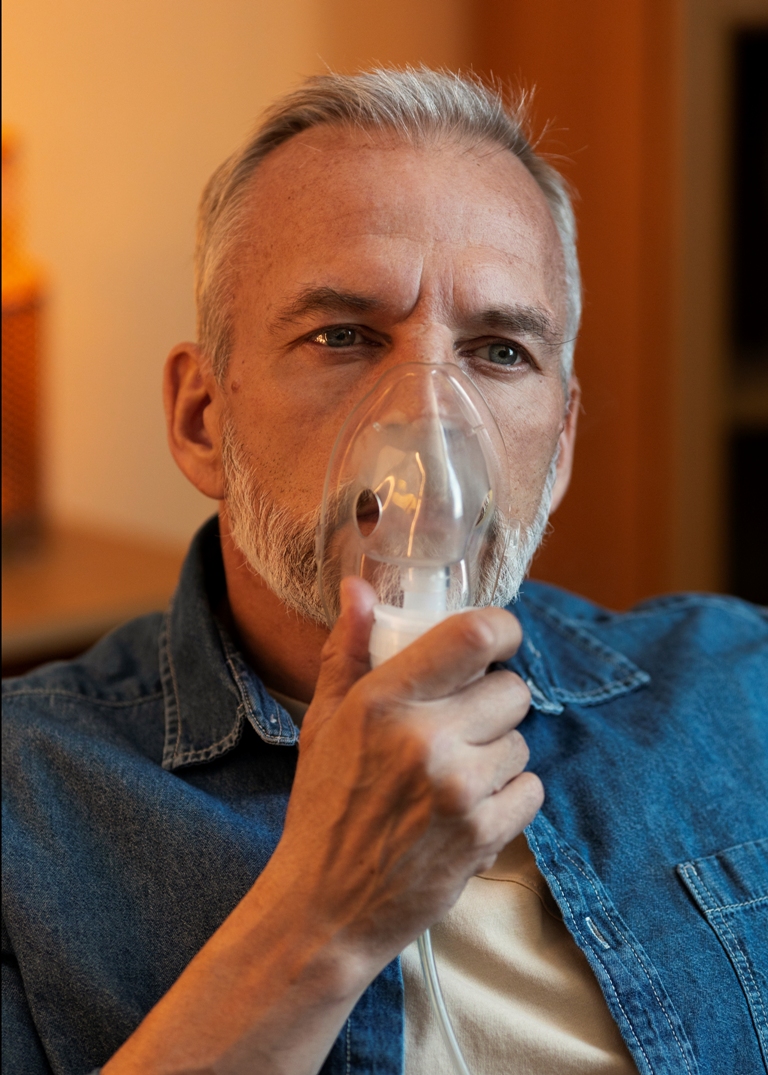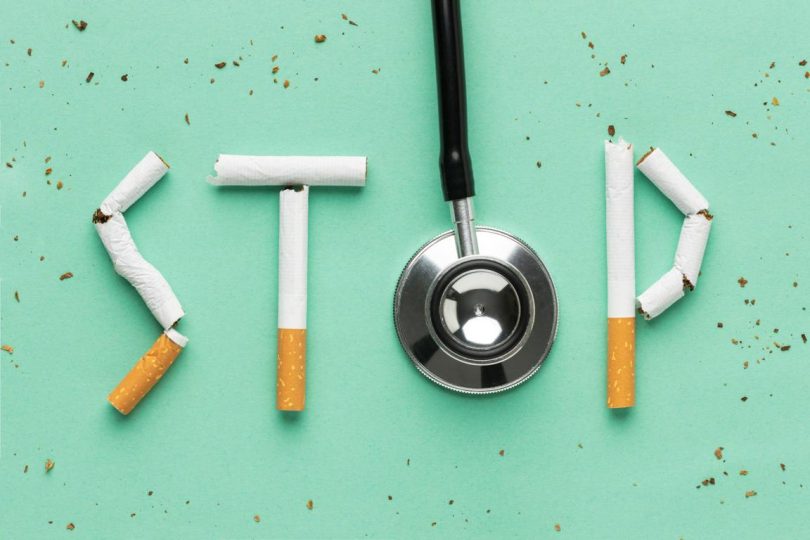Quitting smoking is a significant step towards improving overall health and well-being. The benefits of refraining from smoking are both immediate and long-lasting, impacting various aspects of an individual’s life. In this article, we explore how refraining from smoking can benefit an individual’s health, providing detailed insights into the numerous positive changes one can expect.
Table of Contents
- Immediate Health Benefits of Quitting Smoking
- Long-term Health Benefits of Quitting Smoking
- Psychological Benefits of Refraining from Smoking
- Benefits for Reproductive Health
- Financial Benefits of Quitting Smoking
- Social Benefits of Refraining from Smoking
- Environmental Benefits of Quitting Smoking
- Practical Tips for Quitting Smoking
- FAQs
Key Takeaways
- Quitting smoking can improve heart rate and blood pressure almost immediately.
- Long-term benefits include a reduced risk of heart disease, respiratory issues, and various cancers.
- Quitting smoking positively impacts mental health, fertility, and financial stability.
Immediate Health Benefits of Quitting Smoking
Improvement in Heart Rate and Blood Pressure
One of the first benefits of quitting smoking is the improvement in heart rate and blood pressure. How can refraining from smoking benefit an individual’s health? Within just 20 minutes of smoking cessation, heart rate and blood pressure begin to normalize. This rapid change is a testament to the body’s ability to start healing almost immediately.
Reduction in Carbon Monoxide Levels
Carbon monoxide, a harmful gas found in cigarette smoke, significantly reduces the blood’s ability to carry oxygen. Within 12 hours of quitting, carbon monoxide levels in the blood drop to normal, greatly enhancing the oxygen-carrying capacity of the blood.
Improved Oxygen Levels
With the reduction of carbon monoxide levels, the body’s oxygen levels improve. This boost in oxygen helps to increase energy levels and overall physical performance.

Long-term Health Benefits of Quitting Smoking
Cardiovascular Health
Long-term benefits of quitting smoking include significant improvements in cardiovascular health. The risk of heart disease drops dramatically, and within a year of quitting, the risk of a heart attack is cut in half.

Respiratory Health
Quitting smoking leads to better respiratory health. Lung function improves, and the risk of chronic obstructive pulmonary disease (COPD) and asthma decreases significantly. Smokers often experience fewer respiratory infections as well.
Reduced Risk of Cancer
The risk of various cancers, including lung, throat, and mouth cancer, decreases significantly after quitting smoking. Within five years, the risk of cancers of the mouth, throat, esophagus, and bladder is cut in half.

Enhanced Immune System
Quitting smoking enhances the immune system, making the body more resilient to infections and diseases. The overall immune response improves, helping to fight off illnesses more effectively.
Psychological Benefits of Refraining from Smoking
Reduced Stress and Anxiety
Quitting smoking not only benefits physical health but also significantly enhances mental health. Smokers often experience reduced stress and anxiety levels once they quit, leading to a more balanced emotional state. Additionally, mood and overall mental health improve over time, contributing to a better quality of life.
Reduced Stress and Anxiety
Initially, quitting smoking may increase stress levels as the body adjusts to the absence of nicotine. However, over time, former smokers report a significant reduction in stress and anxiety. This improvement is largely due to the stabilization of neurotransmitters in the brain, leading to a more stable emotional state. This example clearly illustrates how can refraining from smoking benefit an individual’s health by improving their mental well-being.
Improved Mood and Mental Health
Studies have shown that individuals who quit smoking experience better moods and a reduction in symptoms of depression and anxiety. This positive change can be attributed to the absence of nicotine, which can disrupt normal brain function and contribute to mental health issues.
Enhanced Cognitive Function
Quitting smoking also benefits cognitive function. Over time, former smokers often experience improvements in memory, concentration, and overall cognitive performance. This enhancement is a result of improved blood flow and oxygen levels in the brain, which promote healthy brain function.
Benefits for Reproductive Health
Improved Fertility
Quitting smoking has significant benefits for reproductive health, impacting both men and women. Improved fertility and healthier pregnancy outcomes are notable benefits that can lead to a better quality of life for individuals planning to start a family.
Improved Fertility
Smoking negatively affects fertility in both men and women. In men, it can reduce sperm count and motility, while in women, it can lead to complications with ovulation and implantation. Quitting smoking helps to reverse these effects, improving fertility and increasing the chances of conception.
Healthier Pregnancy and Birth Outcomes
For women, quitting smoking is crucial for a healthy pregnancy. Smoking during pregnancy increases the risk of miscarriage, stillbirth, and preterm birth. By quitting smoking, women can significantly reduce these risks and promote healthier birth outcomes for their babies.
Financial Benefits of Quitting Smoking
Savings on Cigarettes
In addition to health improvements, quitting smoking offers substantial financial benefits. Smokers can save a considerable amount of money by not purchasing cigarettes and reducing healthcare costs related to smoking-related illnesses.
Savings on Cigarettes
The most immediate financial benefit of quitting smoking is the money saved from not buying cigarettes. Smokers can save thousands of dollars annually by refraining from smoking, which can be redirected towards other essential expenses or savings.
Reduced Healthcare Costs
Smoking-related illnesses lead to increased healthcare expenses. By quitting smoking, individuals can reduce the need for medical treatments, doctor visits, and medications, resulting in significant savings on healthcare costs.
Increased Productivity and Economic Benefits
Quitting smoking also enhances productivity at work. Non-smokers often have better attendance and performance, leading to potential career advancements and economic benefits. Overall, the financial advantages of quitting smoking extend beyond immediate savings and contribute to long-term financial stability. Understanding <strong>how refraining from smoking can benefit an individual’s health</strong> highlights these significant economic and professional improvements.

Social Benefits of Refraining from Smoking
Improved Relationships
Quitting smoking can significantly improve social interactions and relationships. Former smokers often find that their social lives and personal relationships benefit from their decision to quit.
Improved Relationships
Quitting smoking can positively impact personal relationships. Non-smokers are often more pleasant to be around, as they do not carry the smell of smoke. Additionally, quitting smoking can reduce tension and conflict related to smoking habits.
Positive Role Modeling
By quitting smoking, individuals can become positive role models for their children, family members, and peers. Demonstrating the ability to overcome addiction can inspire others to make healthier choices.
Enhanced Social Life
Non-smokers often have a more active social life, as they are not restricted by smoking breaks or the need to find smoking areas. This freedom allows for more meaningful social interactions and experiences.
Environmental Benefits of Quitting Smoking
Reduced Pollution
Quitting smoking also benefits the environment. Smoking contributes to pollution and waste, and by quitting, individuals can reduce their environmental footprint.
Reduced Pollution
Smoking contributes to air pollution through the release of harmful chemicals and toxins. By quitting smoking, individuals can help to reduce air pollution and promote a cleaner environment.
Less Waste from Cigarette Butts
Cigarette butts are a significant source of litter and environmental pollution. By quitting smoking, individuals can help to reduce this waste and contribute to a cleaner environment.
Contribution to a Healthier Environment
Overall, quitting smoking contributes to a healthier environment. Reduced pollution and waste help to protect natural resources and promote sustainability.

Practical Tips for Quitting Smoking
Setting a Quit Date
Quitting smoking can be challenging, but with the right strategies and support, it is achievable. Here are some practical tips to help individuals successfully quit smoking.
Setting a Quit Date
Choosing a quit date is an important step in the process. This date should be realistic and allow enough time to prepare mentally and physically for the challenge ahead.
Seeking Support
Support from family, friends, and support groups can make a significant difference in the quitting process. Sharing the journey with others can provide motivation and encouragement.
Using Nicotine Replacement Therapy
Nicotine replacement therapy (NRT) can help to reduce withdrawal symptoms and cravings. Options include nicotine patches, gum, lozenges, and inhalers.
Adopting Healthy Habits
Replacing smoking with healthy habits, such as exercising, eating well, and engaging in hobbies, can help to distract from cravings and improve overall well-being.
FAQs
What happens to your body when you stop smoking?
When you stop smoking, your body begins to heal almost immediately. Heart rate and blood pressure normalize, carbon monoxide levels in the blood decrease, and oxygen levels improve. Over time, the risk of heart disease, respiratory issues, and cancers significantly decreases.
How long after quitting smoking do you see benefits?
The benefits of quitting smoking can be seen almost immediately. Within 20 minutes, heart rate and blood pressure improve. After 12 hours, carbon monoxide levels drop. Within weeks, lung function improves, and within months, the risk of heart disease and other conditions begins to decrease.
What are some effective strategies to quit smoking?
Effective strategies to quit smoking include setting a quit date, seeking support from family and friends, using nicotine replacement therapy, and adopting healthy habits to replace smoking. Consulting a healthcare provider for additional support and resources can also be beneficial.
Can quitting smoking reverse damage?
Quitting smoking can reverse some of the damage caused by smoking. The body begins to heal almost immediately, with improvements in heart rate, blood pressure, and lung function. Over time, the risk of smoking-related diseases significantly decreases, and overall health improves.
What are the common withdrawal symptoms and how to handle them?
Common withdrawal symptoms include cravings, irritability, anxiety, and difficulty concentrating. Handling these symptoms involves using nicotine replacement therapy, seeking support, staying busy with healthy activities, and practicing stress-relief techniques such as deep breathing and exercise.






